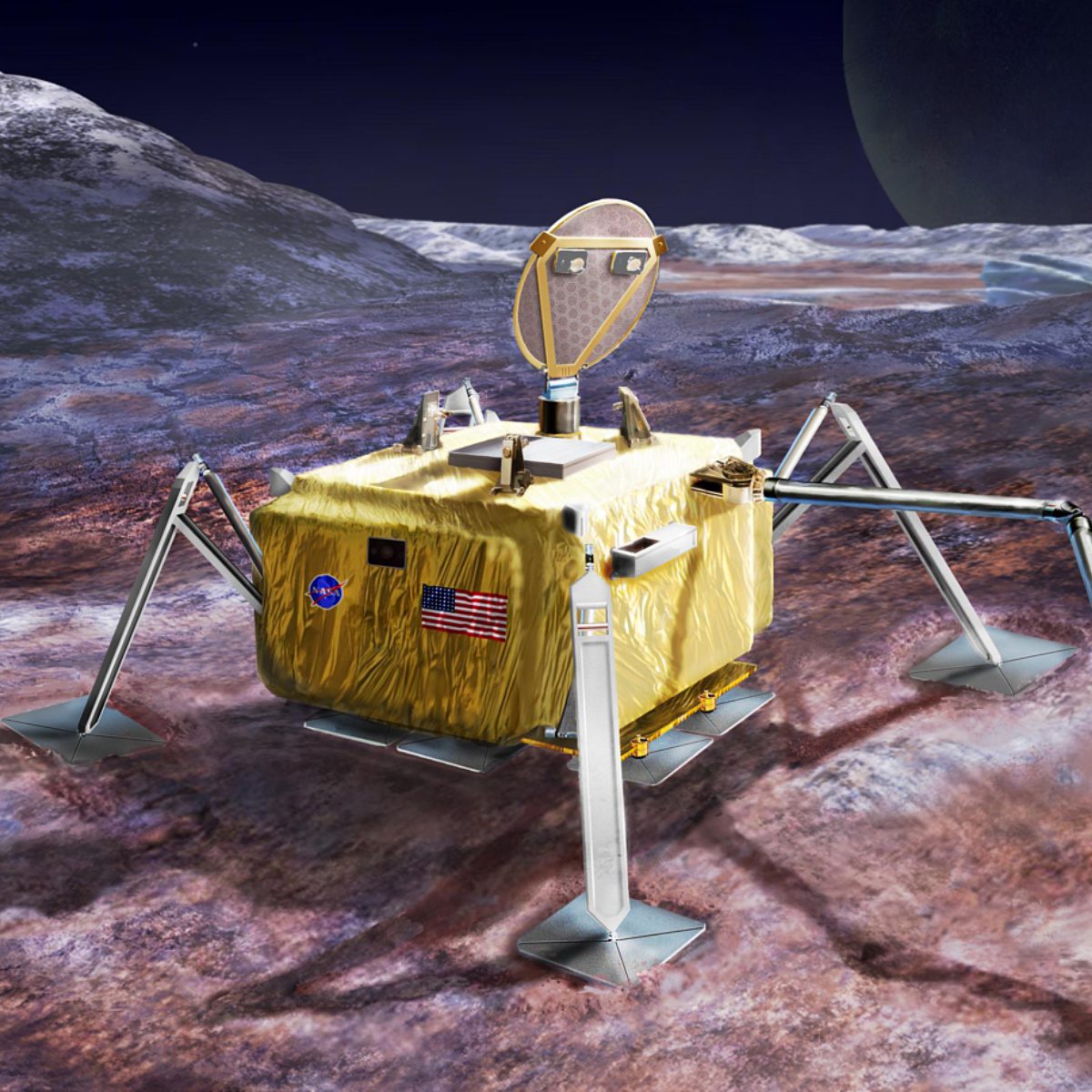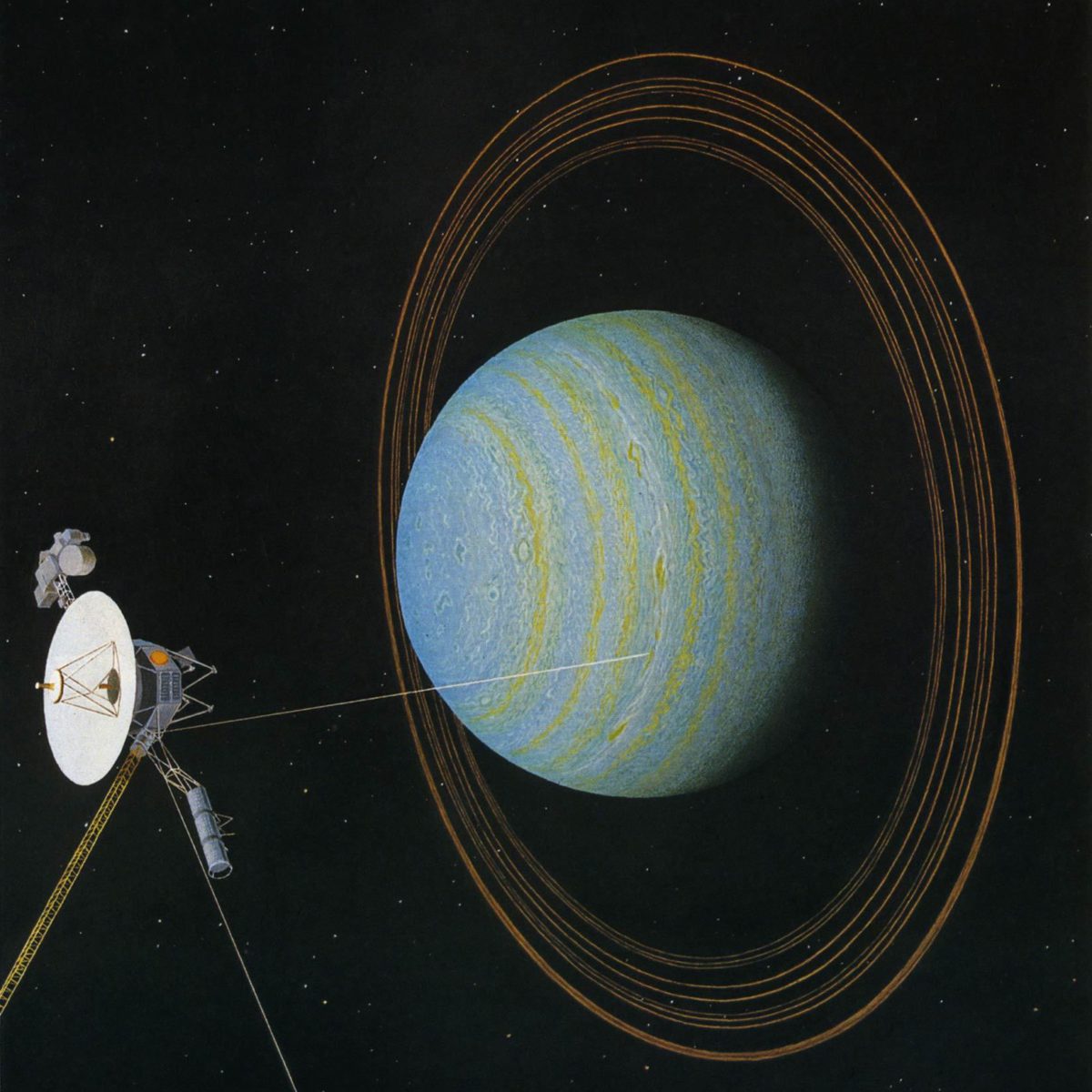All
All
Stories, updates, insights, and original analysis from The Planetary Society.
Planetary Science Just Got Its Best Budget in Years
The President signed the Consolidated Appropriations Act of 2017, funding the U.S. government for the remainder of the fiscal year. NASA got a boost to $19.65 billion, and its Planetary Science Division saw a budget increase to $1.846 billion—its best budget in more than ten years.
Here's our exhaustive guide to Trump's 392-word NASA budget
We break down every sentence from Trump's new NASA budget, so you don't have to.
An Astronomer Learns to Make His CASE
Science in America depends on federal funding, yet many young scientists don't understand how the U.S. government decides to spend its money on science, nor are they encouraged to use their new degrees to advise the process. This is changing with support from the American Association for the Advancement of Science.
Does Presidential Intervention Undermine Consensus for NASA?
Presidents induce polarization on topics they choose to promote. So is the best way for a President to promote consensus in NASA to speak quietly?
Three Things to Look for in NASA’s Coming Budget Request
The 2017 budget season is almost here. Next week, the White House will release its budget request for NASA. Here are three things I will immediately look for upon its release.
Slides from the LPSC 2015 Session on the Community Response to NASA's Budget Request
The Planetary Society helped organize a community response to the latest NASA budget at the 2015 meeting of the Lunar and Planetary Science Conference.
Highlights from our reddit Space Policy AMA
The space policy and advocacy team at The Planetary Society held an AMA (ask me anything) on reddit, here are some of the highlights.
How NASA's Yearly Budget Request Comes Together
It takes a year to make, and is the starting point for all coming debate by Congress. It's the President's Budget Request, and understanding how it comes together is an important part of being an effective space advocate.
The President's 2016 Budget Is Coming
The 2016 budget cycle for NASA kicks off on Feb 2nd, when the White House releases the President's Budget Request. Here's what to look for.
What Happens When Space Projects Go Over Budget? The Curious Case of MSL’s Overrun
Jason Callahan takes a detailed look at the effects of Curiosity's cost overruns on NASA's budget.
The Consequences of the 2014 Midterm Elections for NASA
A Republican Senate will not drastically change the course of the nation's space program, though it will likely see less funding for NASA and a difficult path forward for the Asteroid Retrieval Mission.
The Antares Accident: Whose Rocket Was It?
Despite some in the media declaring it a NASA rocket disaster, Antares represents a new way of doing business. It's owned by a private company providing a service to NASA to resupply the space station. How is this different from other rockets NASA uses?
Happy Fiscal Year 2015! Though NASA Still Doesn't Have a Budget
Congress passed a stopgap spending bill before taking off to campaign for re-election, keeping NASA's 2015 budget in limbo for another two months.
A Glimpse Into NASA's New History Archives
NASA's immense reference collection got a makeover at its Washington, D.C. location recently. Jason Callahan gives you a glimpse behind the scenes as guests made their way into the new rooms while enjoying good conversation and, of course, Moon Pies.
NASA Kicks Off a Private Space Race Between Boeing and SpaceX
Boeing and SpaceX have won multi-billion dollar contracts to ferry astronauts to the International Space Station.
Growth. Peak. Collapse. Planetary exploration from 1959 - 1989
The first three decades of planetary exploration tell a story that sounds all-too-familiar to modern day space advocates. Growth, peak, and then collapse of hard-earned capability. This is the story of planetary science for the first half of its existence.
The Rise and Fall (and Rise and Fall) of Planetary Exploration Funding
NASA has explored the solar system since the 1960s, but it has rarely been the top priority for the space agency. Jason Callahan breaks down how planetary science has been funded over the years within NASA's larger budget.
NASA’s Big Rocket a Step Closer to Reality
NASA's Space Launch System passed a critical milestone yesterday, but buried within the announcement was news that the first launch could slip by nearly a year.
The Competition for Dollars
We all know NASA needs more money to achieve its goals. But competition for money is intense within the U.S. federal government, and two trends have made it harder for NASA to get what it needs.
The Senate's Flawed NASA Bill Hits a Bump in the Road
For the second day in a row, the Senate failed to vote on a bill that would fund NASA and other agencies in 2015. Without passage, no progress can be made addressing the flaws contained within.


 Explore Worlds
Explore Worlds Find Life
Find Life Defend Earth
Defend Earth


 Sun
Sun Mercury
Mercury Venus
Venus Earth
Earth Mars
Mars Jupiter
Jupiter Saturn
Saturn Uranus
Uranus Neptune
Neptune Small Bodies
Small Bodies












